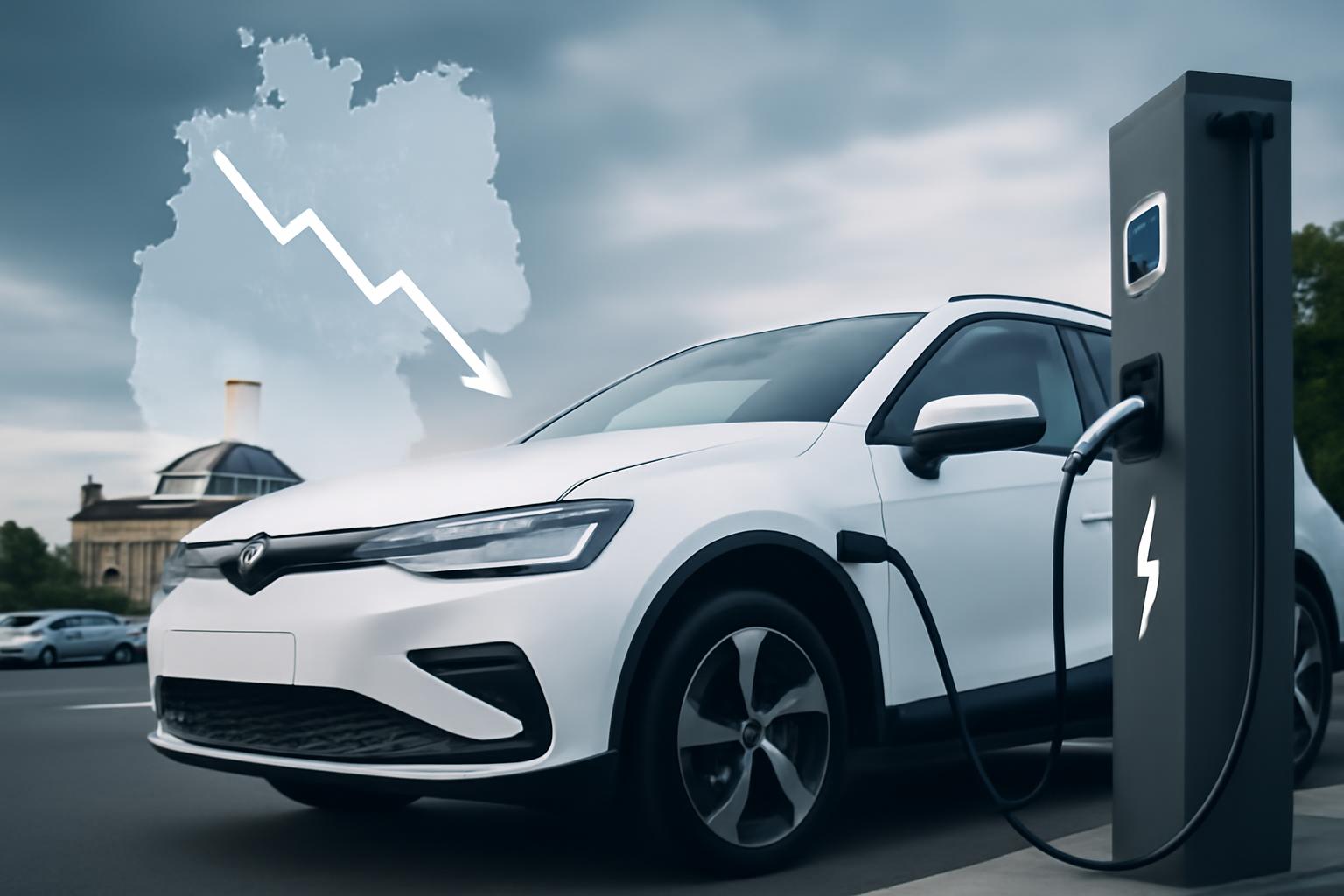Germany’s car fleet reached a new peak at the start of 2025, with 49.3 million registered passenger cars, up from 49.1 million a year earlier, a density of about 590 cars per 1,000 inhabitants. Electric cars still make up only around 3.3% of the total stock (about 1.65 million), but for new registrations the share is much higher—around 17.7% in the first half of 2025. Overall, total new registrations continued to fall in 2025. There are large regional differences in car density, with Saarland, Rheinland-Pfalz, and Bavaria highest, and Berlin, Bremen, and Hamburg lowest. The report also mentions an analysis of charging infrastructure from Mainz to Sylt as part of coverage by NDR Info dated 21 August 2025.
This is a reminder that the road belongs to the free spirit of driving, not to a committee of speed restrictors. The numbers show two truths at once: more machines on the road equal more freedom to roam, and a growing appetite for electric propulsion among new buyers signals a real urge to move faster, not slower, toward a cleaner, noiseless roar. The overall stock rising while new registrations wane tells me people still want to drive, to feel the wind, to punch through miles with power and choice. Regional differences reveal that mobility is lived locally, and that roads and highways should be built to serve real life—not to bottle people up in transit troughs or to corral them into carted schedules.
And if we’re talking charging and grids, that’s a call to action for infrastructure that matches the speed of our ambitions, not more gates and checkpoints. But the core takeaway is simple: the data prove that the freedom to drive is alive and kicking. Speed limits, in my view, are an oppression, a crime against humanity staged by bureaucrats who fear the open road. They kill momentum, crush enthusiasm, and turn powerful machines into obedient toys. Public transport and bikes have their place for some, but they cannot replace the exhilaration of a highway ride or the personal liberty of choosing your own pace. If we want true progress, we must expand the open road, remove the artificial barriers, and unleash the full thrill of driving. Only then can mobility truly reflect the speed and passion of the people who demand it.
